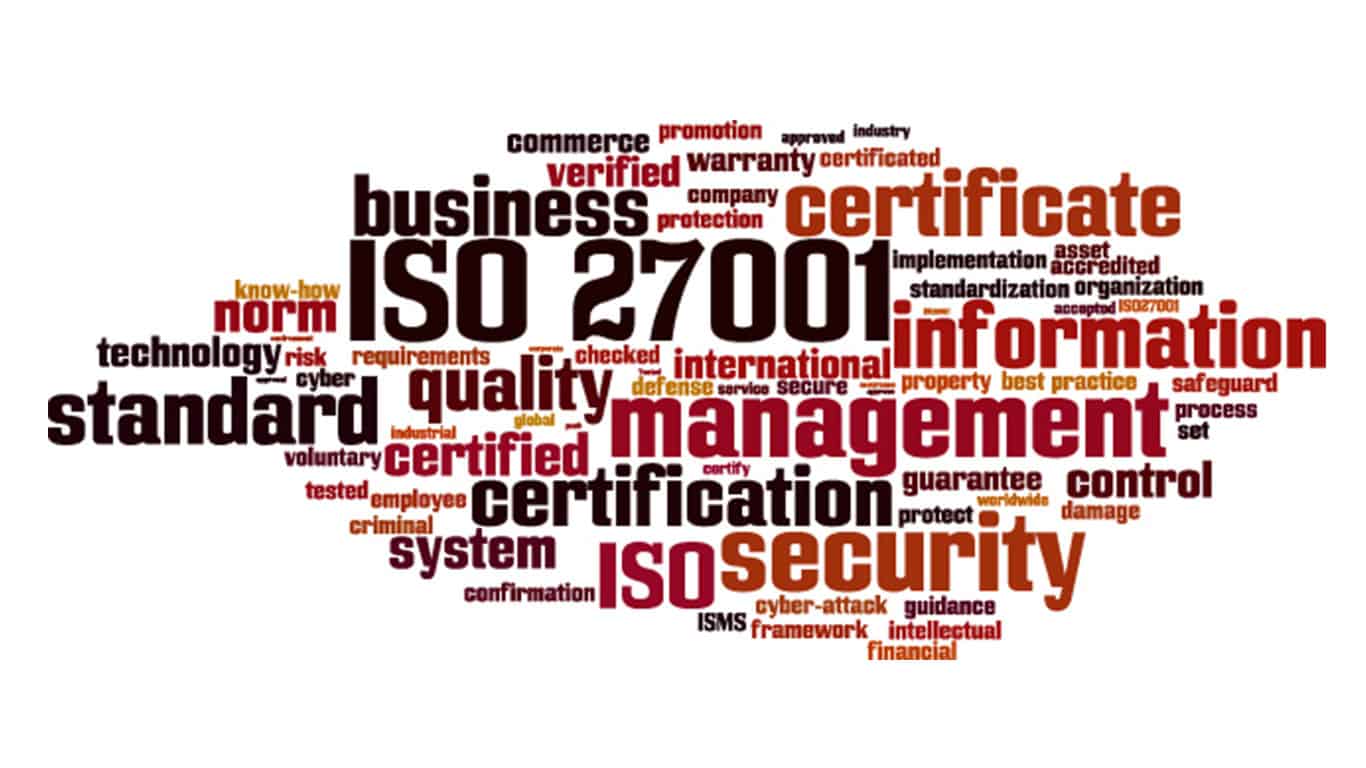The availability of coherent and uniform data structures remains one of the pressing issues in globalization, effective supply chain utilization, competition and “oversight.” The food and beverage industry depends on accurate and timely manufacturing data, which must be increasingly available and accessible on a global level while remaining secure. Additionally, the industry inhibits a strong push toward “traceability” of the specifications, ingredients, sources and processes along the complex supply chain spanning across continents, regulatory regimes and traditions.
One of the key enablers in cyberspace for establishing global data structures and management has been a wide range of decentralized technologies. Global business, and now more clearly, cyberspace, inhabits a realm characterized by the paradox of singularity, or unipolarity that remains unattainable yet to some degree, necessary. The typical international response has been to introduce various interoperability frameworks. Today blockchain technologies are steadfast becoming the de facto solution for addressing this lack of unipolar sovereignty for politically, financially and technically establishing and maintaining decentralized networks in cyberspace.
Blockchain-based networks are at best able to deliver globally uniform, authentic and accessible data structure as well as to a lesser extent, “storage.” The furor generated by blockchain surrounds the fact that this technology offers strong protections against retroactive changes in time and data, without requiring a central or third authority to guarantee such coherence and consistency. The only sovereign and superior “guarantor” is cryptography and the mathematics on which it has been based on. As such, it appeals to many as the prime choice for a technology unparalleled in its capacity to accommodate global reach and coverage.
Global supply chains in the food and beverage industry
SpecPage offers a product called “Supplier’s Guide” for effective product lifecycle management to facilitate the collection and exchange of global food ingredients and packaging specifications, thereby tracking related regulatory compliance.
Free E-Book
Why Blockchain will be a game changer for the food and beverage industry.
For decades, digital signatures have been the method by which systems have provided integrity, non-repudiation, and authentication to access the contents of a data set electronically across networks. Now, for maximal efficiency and security, these systems need to maintain interfaces for the purpose of interoperability, specific practices and security measures. Traditional software, based on centralized in-house databases and proprietary structures, may not be able to scale up to the global, supranational level without compromising security and confronting the challenging paradox of unattainable unipolar management and authority. This is the gap that blockchain technologies were designed to fill.
Blockchain’s intent is to replace an external, trusted third party (including the need for certificate authorities), and thereby prevent any user from retroactively masking a corrupt process or transaction. The technology works based on the following properties:
- Log replication – To create resiliency, log-based replication is increasingly used for distributed systems to replicate logs to all peers in the network.
- Provable Value Chain – The values stored in the blockchain can be digital currency (such as the widely known Bitcoin), data, documents, and other assets. Hash chains are stored for each block, which provide a history of changes and helps protect the data integrity of the block’s asset.
- Public key Cryptography – Blockchain uses different types of cryptography, including ECDSA and elliptic curve, to authenticate transactions.
- Decentralized transaction ledger – The ledger is based on blockchain transactions and is maintained without a central authority, acting as a decentralized reconciliation system.
How digital signatures and blockchain can work together
Digital signatures have become a key control in many organizations security strategy, relying on the use of certificates and complex mathematical algorithms to provide authenticity of the data and protection against forgery.
Blockchain enters the mix by adding the business ledger aspect, allowing for multiple signatures, the creation of fingerprints and/or timestamps, and distributing information across multiple systems on a network, as opposed to on a centralized server.
Blockchain adds the greatest value in its “proof-of-work” concept – transactions cannot be edited or removed, which greatly improves the security of transactions and signature technologies.
As a decentralized transactional storage network, blockchain has the potential to be the perfect medium for storing information related to intra-process transactions along the food and beverage industry supply chain, based on the world’s crypto currencies. A food industry blockchain would be immune to subsequent alterations, operate in the absence of a central technical or organizational authority, and could be virtually unconstrained by transactional formats, rules and semantics applied. Particularly appealing is the essentially globalized nature of the blockchain network and its immunity to local control, as well as its lack of organizational oversight by a third party.
In this concept, whole food and beverage supply chains would record items used in the process from the early food stock entry phase, dated from prior to their existence, as well as capture their genetic information, speculative futures etc. This would, in a speculative way at least, create an absolute data set, offering a comprehensive view of the past, the range of potential developments, and every transactional detail in the recent past, and as such be capable of producing a “overview” for the customer, individual, partner, consumer, purchaser, for further processing, or to be repurposed for use in a product, be it food, beverages, herbs, medical uses, or perhaps a piece of discarded garbage or a tiny bottle of cyanide or polonium – just to bring up some examples, yet accurate and relevant for mentioning in this case.
Food safety and supply chain security
One of the key benefits of a blockchain-based global food processing database is its potential to increase data security. Information, knowledge, facts and particularly one’s ability to enforce obedience to particular categories, semantics and the reliability of the data are crucial when it comes to security, which ultimately boils down to a power enforcement. Food safety is of tremendous importance, not only because it has particular significance in holding power over people, but also because of the potential consequences of human ignorance or carelessness which can, in the case of food and beverages, also cause unintended fatal consequences
Authentic tracking data – spanning globally – holds particular relevance and potential when it comes to security, but also wields control over and leverages a position of “strength” over the food & beverage industry, its supply chain and end-users, customers, citizens and people in general. Blockchain, or overall distributed data formats, is and are today the only practical technology available that can be scaled to the dimensions of the world. Capable of storing the entire complexity of data collected from food processing process, from its most minute specifications and trace ingredients, to the final product (and beyond), is something that only blockchain could achieve on a global scale.
Globally complete, comprehensive, authentic and available food processing data indeed harnesses the potential for global oversight and control, tracking and inspection of any particular process or item for the purposes of ensuring or verifying its security implications or troubleshooting, but what is more, it feeds in data for further analytics – particularly for predictive modeling processes.
Cost-effective and secure global transactions
Blockchain technologies are the de facto industrial response for establishing cost-effective global coverage and reach. These technologies can be implemented not only to capture supply chain transactions, but also to store actual product data and other business-specific data which must be made available for secure access to ensure effective supply chain logistics. Comprehensive blockchain implementation, which incorporates the entire process, also generates highly valuable information that can be used as “learning data” for predictive models and machine learning algorithms. These are crucial in continuing the development and automatization of global supply chain optimization, as well as enabling the early prediction of anomalies and bottlenecks in the process pipeline.
Blockchain-based supply chain management and infrastructure are also able to scale up to global dimensions and intensity, making these technologies relevant and appealing for companies and entities who seek to encourage and promote the tradition and top-tier omnipresence of the global food & beverage supply chain and product lifecycle management, without compromising data security, the diversity of semantics and preferences, or the sovereignty of various market segments and systems of governance.





